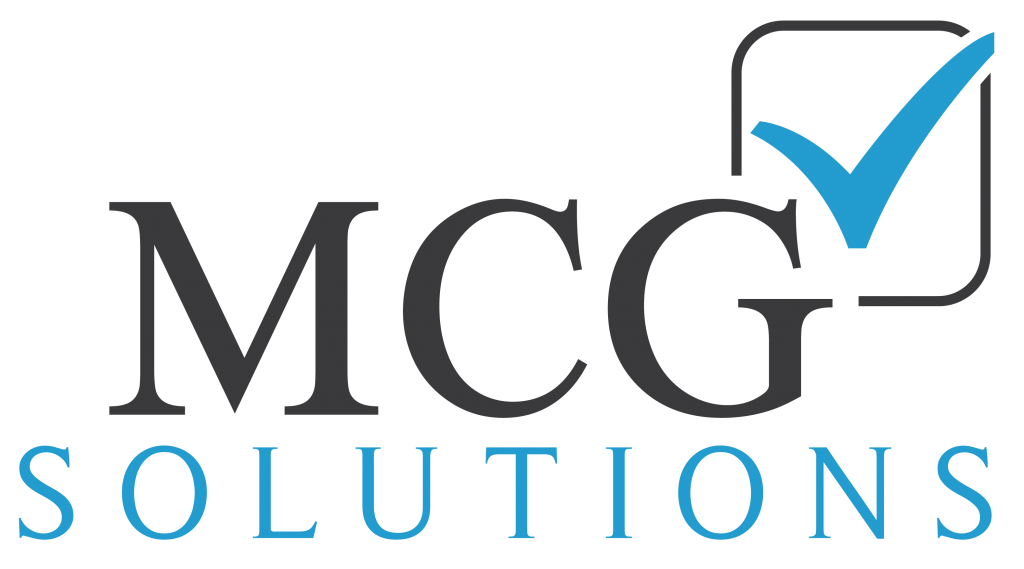Employers with tipped employees must fulfill certain obligations regarding payroll tax withholding, payment and reporting for any tips considered to be taxable compensation.
First, it is important to determine what actually constitutes a “tip.” The legal definition of a tip is any payment a customer makes to a worker without compulsion. Customers have the sole right to determine the amount of their tip—it should not be dictated by policy, or subject to negotiation with a business. Otherwise, it would be classified as a “service charge.”
Employers are responsible for withholding income taxes and taxes for Social Security and Medicare on reported tips, and for paying your share of FICA and FUTA taxes on them, despite your lack of control over tip amounts. This includes the standard withholding for the 0.9 percent FICA Medicare surtax. Tips are subject to this surtax withholding if, when combined with other wages the employee receives, they are greater than the $200,000 withholding threshold.
Your obligation for withholding the employee’s FICA and income taxes, however, is limited to the amount of employee funds that are actually under control, such as the non-tip wages you pay your employee. If there is a lack of money available, taxes should be applied in the following order:
- To the employee’s portion of the FICA tax that is due on the payment of nontip wages
- To the income taxes you are required to withhold on nontip wages
- To the employee’s portion of FICA taxes due on tip income
- To income taxes you are required to withhold on tip income
If you are ultimately left with insufficient money to collect the employee’s FICA taxes, you do not have an obligation to withhold the uncollected money.
Forms used for reporting
Employees who report their tip income can use Form 4070, “Employee’s Report of Tips to Employer,” and Form 4070A, “Employee’s Daily Record of Tips,” to file thorough tip reports. You are not responsible as an employer for verifying the accuracy of the tip income amounts your employees report—employees are considered liable for the accuracy of the statements they make on these forms.
Alternative agreements for tip reporting
Employers in the food service industry are able to take some alternative steps to improve tip reporting compliance by employees in exchange for a written pledge by the IRS to not demand more FICA than you calculate to be due.
To participate in this alternative program, you and the IRS must negotiate a Tip Rate Alternative Agreement Commitment (TRAC). In this process, you must agree to two main conditions:
- You will maintain an educational program each quarter to train newly hired employees and remind existing employees about their obligations for reporting tip income, and
- You will comply with all federal tax laws regarding filing returns, making payments and maintaining tax records, and will establish thorough procedures for employee tip-reporting to ensure all reports are as accurate as possible.
For more information about your legal responsibilities for tax reporting as an employer, contact a skilled financial planning expert at MCG Solutions today.
